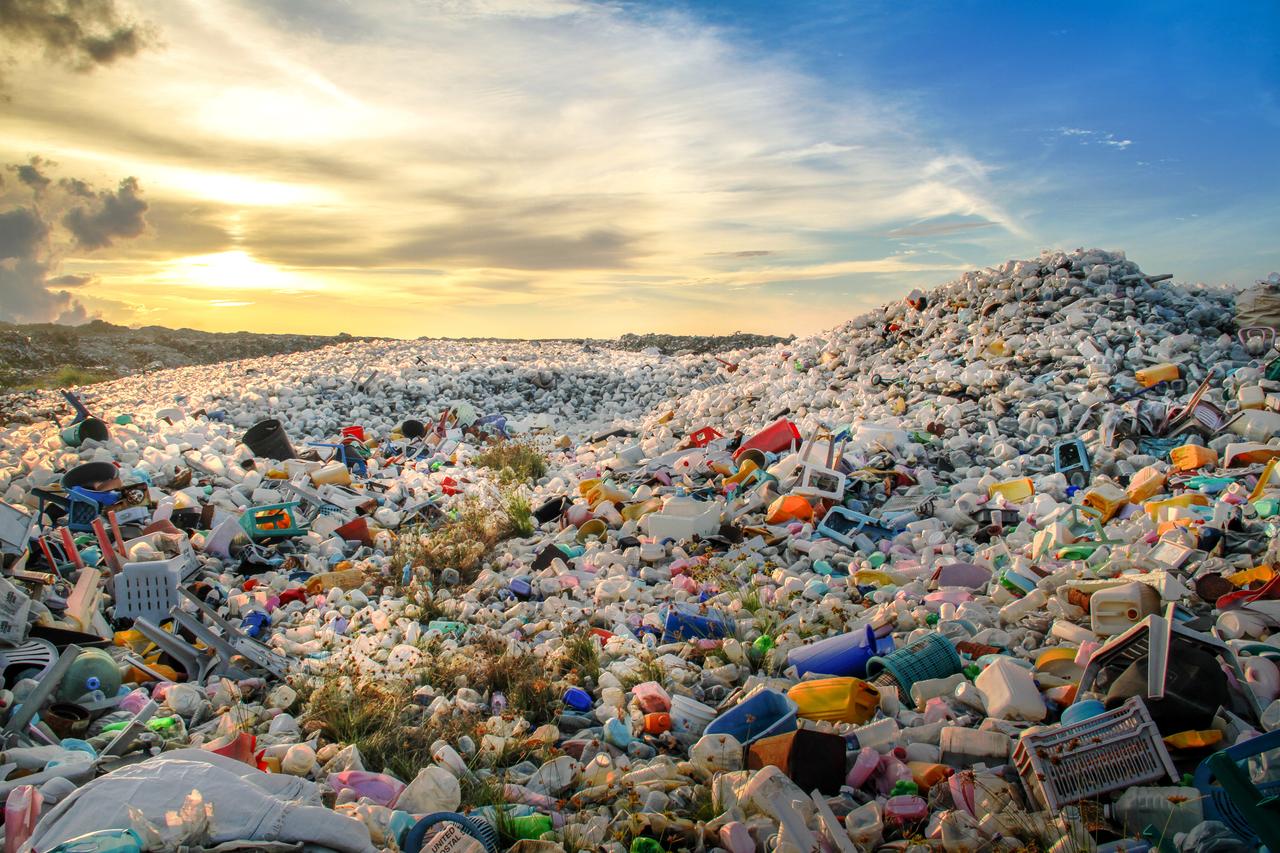
Türkiye has announced a detailed roadmap to limit single-use plastics, reduce marine litter, and promote sustainable production.
The “Single-Use Plastics, Marine Litter and Microplastics Roadmap” covers 44 actions involving 22 public institutions.
Environment, Urbanization and Climate Change Minister Murat Kurum said, “With our zero waste vision, we are taking a historic step. We are limiting single-use plastics, protecting our seas and ecosystem. We are steering the sector towards a circular economy and promoting sustainable production instead of single-use.” He added that the plan will be supported by measures such as a deposit return system.
The roadmap sets short, medium, and long-term targets.
Short-term plan (2025-2027)
A National Plastic Strategy and Action Plan will be prepared, along with legislation to restrict or ban certain single-use plastic items.
Measures will focus on reducing consumption of food packaging and beverage containers.
Extended Producer Responsibility schemes will be introduced, requiring the plastics industry to meet production-stage obligations. Beverage bottles and caps will be redesigned using recycled materials.
Hotels, restaurants, cafes, and the tourism sector will be encouraged to adopt reusable and refillable alternatives. Public awareness campaigns will target all age groups, in cooperation with the public sector, private companies, and NGOs.
Medium-term plan (2028-2032)
Türkiye will revise its Packaging Waste Control Regulation to align with E.U. rules. The PET bottle collection rate will first rise to 77% and then to 90%.
Certain products, including beverage containers, wet wipes, and tobacco products, will require labeling.
Microplastic sources will be mapped and monitored. A marine monitoring program will be developed, and pollution “hotspots” will be identified. Technical capacity to address microplastics will be strengthened in public institutions, academia, the private sector, and NGOs.
Long-term plan (2033 and beyond)
The government will expand circular business models such as reuse and refill systems. Biodegradability and compostability tests will meet international standards.
Research and development will focus on designing reusable and refillable alternatives made from recycled materials. Green Public Procurement Strategies will include criteria to limit microplastics. Some cosmetic products containing microbeads, such as lip and nail products, will be banned.
Microplastics will be added to water pollution monitoring parameters, and treatment plant sludge will be monitored for contamination.
The ministry stated that the roadmap aims to reduce plastic waste entering the ecosystem, ease pressure on marine and coastal environments, and support the transition to a circular economy.